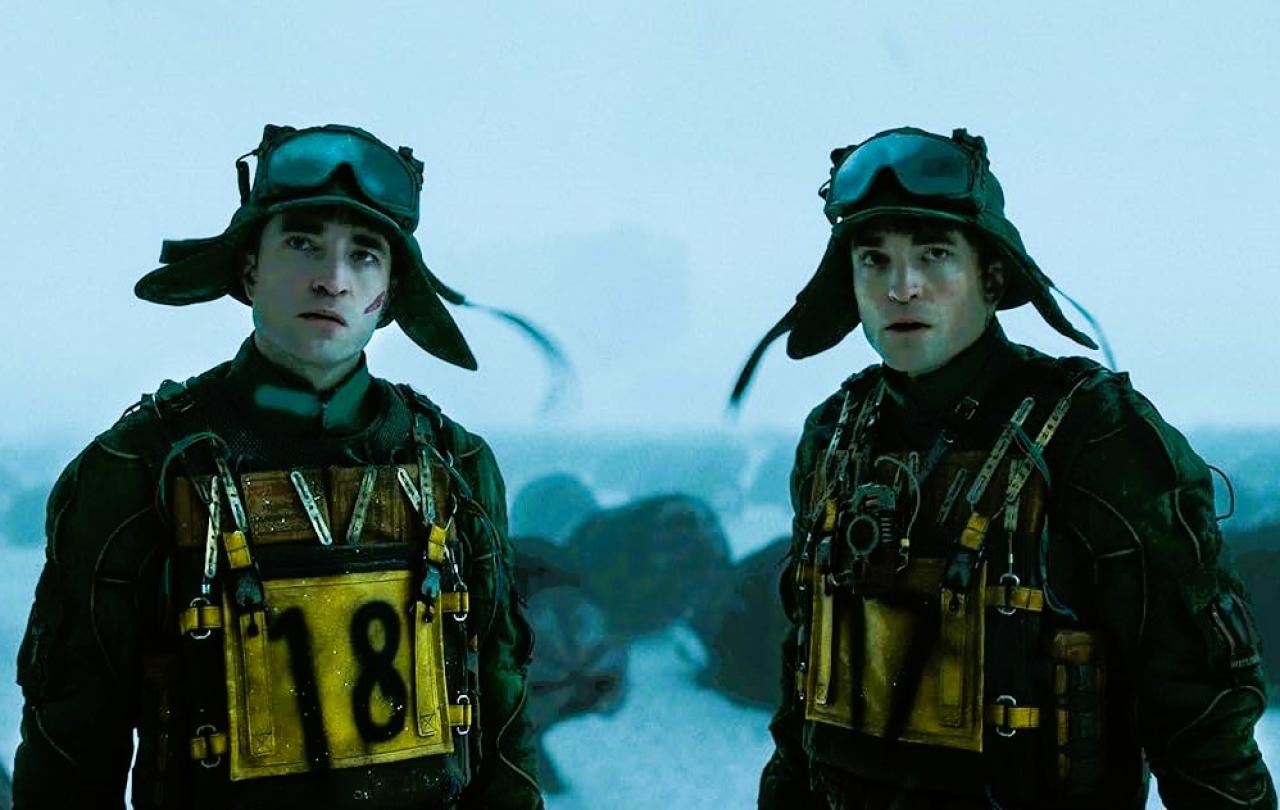
I’m not at all sure that the parents of a teenager driven to despair, or even suicide, by online trolls, or a woman in a coercive relationship, are likely to see their tormentors as victims, making a cry for help by making the lives of others intolerable.
Bullies, it is said, have invariably been bullied themselves. A popular proverb has it that bullies never prosper, a comforting canard knocked down by some comprehensive research recently from the British Cohort Study that, of 7,000 children born in 1970, it was the nastiest, most aggressive little pieces of work that did best in life by age 46.
Social insecurity may well have driven their cruel treatment of others, but financial security has been their reward. Said one of the study’s authors, there’s ‘a strong link between aggressive behaviour at school and higher earnings later in life’.
What exemplars of that might we find on the international stage? Step forward the erstwhile and very possibly future president of the United States and the great-returner president of Russia.
They’ve had all that and they want a harder drug. Like most bullies, they want to be loved by those whose attention they have won.
Bullying may be too light a term for what Donald Trump has done to countless women and business associates in his life, what Vladimir Putin has done to Ukraine and other old Soviet satellites, and what both men have done to their nations’ electoral systems.
But I want to make an armchair case for the psychological insecurity of both men. That insecurity presents itself in a rather pathetic (in the literal sense) desire to be loved, to be admired and to be followed by devoted disciples.
And what role model might they come up with for that? Why, of course, they have both invoked Jesus Christ as their best buddy, who is very much on their side politically and who is really a lot like them.
Trump has endorsed excruciating (again, literally) drawings of himself sitting in the dock at court with the Christ and has published his own $60 “Bible” (one remembers the delightful self-publicist Jonathan King launching his fictional memoir, entitled Bible Two).
Putin has claimed that he’s not a little like the Nazarene calling fishermen by the sea of Galilee, as he rallies Russian youth to resist the pernicious culture of the “Satanic” West. He casts himself, along with Jesus, as the defender of “traditional values”, though the conflation of the Christ with cultural tradition is a little awry, but never mind.
There’s pragmatic political ambition in both men for co-opting the Christ to their cause. Trump wants and needs the US Christian Right on his side for re-election. Putin is promoting a rapprochement with Russian religions and already has the Russian Orthodox Church onside for his Ukrainian escapade.
But there’s something else going on here. The armchair psychologist can identify motives at work. Both Putin and Trump want not only attention. They’ve had all that and they want a harder drug. Like most bullies, they want to be loved by those whose attention they have won.
Their problem, naturally, is that they can never make it, which can only compound their insecurity
What better figure to associate themselves with than love incarnate? A demi-god aspires to be loved as God loves and is loved. It may replace a familial love that has been missing, or it may more simply be the toxic desire to be loved by those you oppress and by one’s peers – again, the instinct of the bully.
That’s closer to admiration and has vanity at its root. Witness Putin’s faintly ridiculous bared torso astride a horse as a younger man, or Trump’s vainglorious comb-over and orange-tanned skin.
Such a shame that we have no idea how the most famous figure who ever lived, whose legacy is the largest religion on earth, actually looked. Or they might try to look like that. Because, to their minds, emulation would win similar admiration.
Finally, Trump and Putin need to be followed, like bullies need their gang. Never mind that even the most devoted disciples of Christ abandoned him to his fate in his mortal life. There’s something like 2.5 billion declared followers of him today, some two millennia later. That’s some legacy and the kind that would shore up even for deepest of their insecurities.
Their problem, naturally, is that they can never make it, which can only compound their insecurity. The nature of Christian leadership, at its source, is unreachable. He said himself that we could not follow where he was going, because it’s a form of leadership beyond human scope – self-sacrificial, infinitely humble while also divine.
That leadership was among us and we didn’t recognise it. The leaderships of Trump and Putin, even as they claim Christ-like affinity, carve recognition and to be above us. These are not men who would lay down their power, far less their lives, for their friends.
These are bullies in the playground of politics. We must pray for their souls as we condemn their actions.





